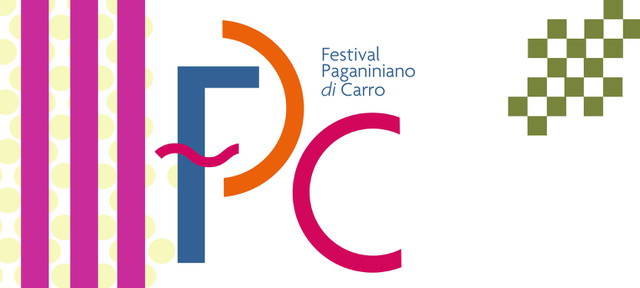Made in Italy Vs Fast Followers PNR 285
Italy continues to suffer from weak property protection, a factor that discourages investment and slows innovation, weakening the competitiveness of our companies. An ecosystem of small and medium-sized enterprises (SMEs) focused on the originality, uniqueness, and quality of the Made in Italy brand requires stronger protection of property rights, especially intellectual property.
Our ecosystem urgently needs these protections to encourage investment and innovation, enhance international competitiveness, and counter the grip of Fast Followers.
FOR COMPETITIVENESS AND INNOVATION
WHY IT MATTERS
BAD NEWS
READ IT AGAIN: PNR 284 FOOD INSECURITY
BEST IN CLASS
WORST IN CLASS
Conversely, countries like Venezuela, Yemen, Haiti, the Democratic Republic of the Congo, and Chad face significant challenges, including political instability and weak legal systems, which undermine property rights and severely limit economic and social development opportunities.
ITALY’S MEDIOCRE PERFORMANCE
READ IT AGAIN: PAGANINI NON RIPETE283 ON THE G7
HOWEVER…
THE REAL ISSUE…
Lies in physical property, particularly in access to credit (Banks???), and the weak application of the “rule of law.” Property protection laws exist, but their enforcement is lacking.
AGAINST FAST FOLLOWERS
In an era of complexity, where knowledge drives competitiveness through creativity and innovation, intellectual property protection is crucial to shield against Fast Follower economies.
- These systems, quick to copy, produce, and distribute at minimal cost, threaten the value of original products, especially in global markets where consumers, particularly the emerging middle class in developing countries, are drawn to more affordable alternatives.
STEPS TO IMPROVE
To ensure that Italian companies remain competitive and innovative, swift action is needed:
- Strengthen the legal system and fight counterfeiting. The legal and judicial system must effectively protect intellectual property rights by reducing bureaucratic delays and expediting procedures. Intensifying the fight against counterfeiting is critical, particularly in key sectors such as food, fashion (often complacent!), and luxury, thus safeguarding innovation and the value of Italian brands.
- Physical properties, including those illegally occupied, must be protected with prompt action to ensure respect for the law and legal certainty.
- Cultivate a property protection culture starting from all school levels. Educational programs should include specific courses on intellectual and industrial property protection, not only in traditional fields such as engineering and business but also in humanities and the arts.
- Train managers and entrepreneurs. Companies must educate their leaders and teams on the strategic management of intellectual property and the importance of patents, copyrights, and trademarks as tools for competitiveness.
- Establish tax incentives and benefits for companies that invest in property protection. A tax system that rewards those who register patents and protect their innovations can stimulate more investment in R&D.
- Future industrial plans must prioritize intellectual property as a key asset to be protected at both national and international levels, with particular attention to complex markets and Fast Followers like China.
- Set up a network of “international sentinels” (embassies, consulates, chambers of commerce) to help Italian companies protect themselves from intellectual property violations in foreign markets and provide qualified legal advice.
- Create a national legal defense fund to support Italian SMEs in international disputes over property rights violations. This tool could provide financial and legal assistance to those without sufficient resources.
- Strengthen public-private collaboration to develop joint solutions for intellectual property protection, involving universities, research centers, and businesses in promoting patents and innovations.
- Speed up the digitization of patent registration and consultation processes, aiming to streamline procedures and make them more accessible, reducing bureaucratic delays and costs.
- Collaborate with international organizations such as the World Intellectual Property Organization (WIPO) to monitor and more effectively combat violations and develop new international protection standards.
MADE IN ITALY VS FAST FOLLOWERS
Italian SMEs, the backbone of our economic system, would be among the main beneficiaries. More effective protection would allow them to compete globally, encouraging investment and innovation while protecting their products and ideas not only from counterfeiting but also from Fast Follower economies and companies. Investing in intellectual property protection means equipping SMEs with the tools they need to grow and thrive in an increasingly competitive economic environment.






